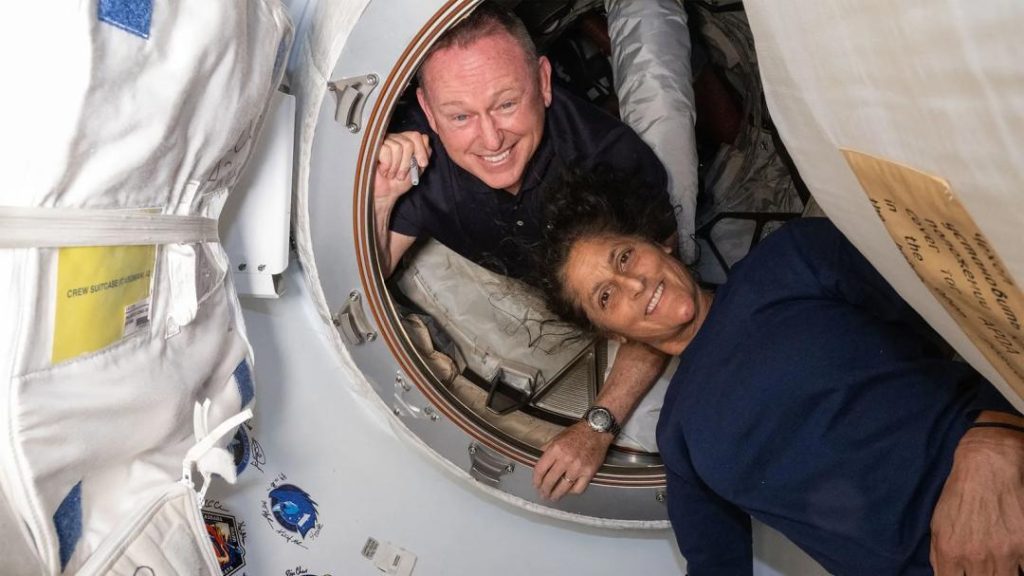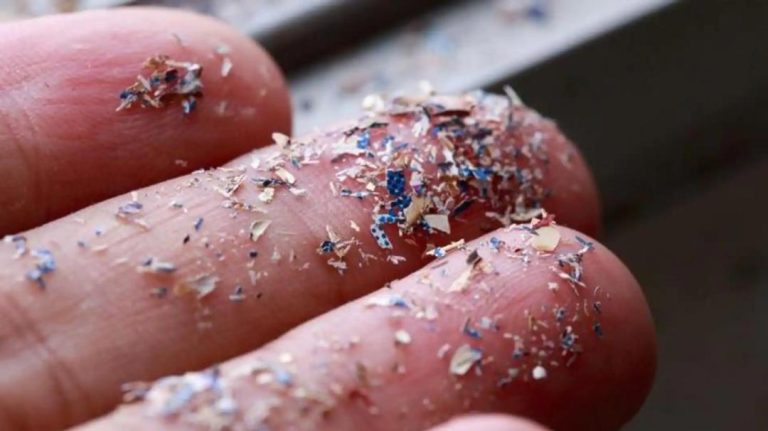
What Challenges Will Sunita Williams & Butch Wilmore Face After Returning to Earth?
Next week, astronauts Sunita Williams and Butch Wilmore will return to Earth after spending months in space. While their journey back to our planet may be a welcome one, they may face a series of challenges that will make their transition back to life on Earth a rather difficult one.
As reported by Hindustan Times, one of the most significant challenges they will face is the loss of bone density. Prolonged exposure to microgravity can lead to a significant loss of bone mass, which can have long-term consequences for their health. This loss of bone density can lead to a range of problems, including increased risk of osteoporosis, fractures, and even spinal curvature.
To counter this loss, astronauts like Williams and Wilmore will have to engage in a rigorous exercise routine to help rebuild their bone density. This may involve a combination of strength training, cardio exercises, and other activities designed to stimulate bone growth. However, this process can be time-consuming and may require significant changes to their daily routine.
Another challenge they will face is the development of “baby feet.” This may sound unusual, but it’s a common phenomenon that occurs when astronauts return to Earth after spending time in space. The reason for this is that the muscles in their legs and feet atrophy due to the lack of gravity, causing them to lose their shape and feel softer. This can make it difficult for them to walk or engage in physical activities that require balance and coordination.
In addition to these physical challenges, astronauts like Williams and Wilmore may also experience a range of cognitive and emotional difficulties as they readjust to life on Earth. The experience of living in space can be intense and isolating, and it can take time for them to readjust to the stresses and demands of daily life on our planet.
Furthermore, they may also experience a range of physical symptoms as they readjust to Earth’s gravity. For example, they may feel dizzy, experience nausea, and even faint due to the sudden change in blood pressure and volume. This can be a challenging and disorienting experience, and it’s not uncommon for astronauts to take some time to recover from the effects of space travel.
So, what can be done to mitigate these challenges? For starters, astronauts like Williams and Wilmore will be closely monitored by medical professionals as they readjust to life on Earth. They will also be required to engage in a range of exercises and activities designed to help them rebuild their bone density and regain their physical strength.
In addition, they will also have access to a range of medical treatments and therapies designed to help them manage the physical and emotional challenges of space travel. These may include medication to help manage symptoms like nausea and dizziness, as well as counseling and therapy to help them cope with the emotional demands of their experience.
In conclusion, while the experience of living in space is undeniably exciting and rewarding, it’s also a challenging and demanding one. Astronauts like Sunita Williams and Butch Wilmore will face a range of physical and emotional challenges as they readjust to life on Earth, and it’s essential that we provide them with the support and resources they need to thrive in the long term.
As reported by Hindustan Times, Sunita Williams and Butch Wilmore’s return to Earth is a significant one, and it’s a testament to the incredible bravery and dedication of astronauts who are willing to push the boundaries of human exploration. As we look to the future of space travel and exploration, it’s essential that we continue to support and celebrate the achievements of astronauts like Williams and Wilmore, and work to ensure that they have the resources and support they need to thrive in the long term.






